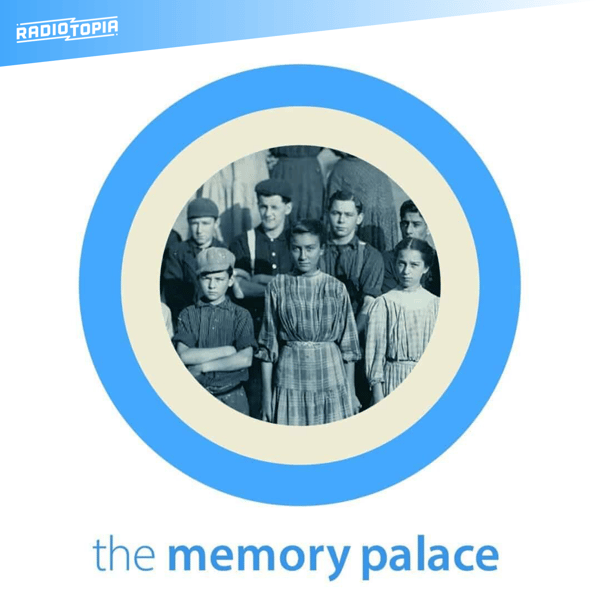Episode 136 (Ten Fingers, Ten Toes)
the memory palace
Nate DiMeo
4.8 • 7.2K Ratings
🗓️ 17 January 2019
⏱️ 7 minutes
🧾️ Download transcript
Summary
The Memory Palace is a proud member of Radiotopia.
Music
Only in the Dark by Ben Lukas Boysen
Dream House III: After Dust by Mary Ellen Childs and Ethel
Cello Gonzalez by Chilly Gonzalez
Notes
A Brief History of Teratology to the Early 20th Century by Mark V. Barrow
Transcript
Click on a timestamp to play from that location
| 0:00.0 | This is the memory palace. I'm Nate de Mayo. James G. Wilson was in alone. His |
| 0:07.4 | Seminal publication, 1959 Six Principles of Territology, was directly inspired by |
| 0:12.9 | the French zoologist Camille de Resse, five principles of experimental |
| 0:17.0 | territology. From his 1877 book Research on the Artificial Production of Monstrosities, |
| 0:22.8 | a title which did not sound as bad at the time. Both men in their own times |
| 0:29.1 | through the methods of their own times. The language of their own times were |
| 0:32.5 | asking the same question. Why were the bodies of some babies drastically |
| 0:37.9 | different from the bodies of nearly all others? It is a question that has been |
| 0:42.3 | asked in every language in every time. The word monster itself is born from this |
| 0:47.6 | question derived as it is from the Latin monstrarie, meaning to show or to |
| 0:52.4 | demonstrate. Because the birth of an anomalous child was seen in ancient Rome and |
| 0:57.3 | in Greece and in Mesopotamia, Babylonia, and elsewhere, as a sign. In determining |
| 1:03.2 | just what that sign was meant to show, which cart phenomenon which looming event, |
| 1:07.7 | divining how a two-headed boy in Venice or a baby girl born in Verona with a |
| 1:12.7 | full set of teeth might hold some sway upon the rain, say, was the subject of |
| 1:19.0 | hidden inquiry among the James G. Wilson's and Camille du Resse, so of those days. |
| 1:23.4 | There are depictions of these children on the walls of ancient teams and |
| 1:27.0 | temples in the Middle East and Mesoamerica. And carvings and paintings found in |
| 1:31.5 | Asia and Oceania, they manifest as villains and myths and stories era after |
| 1:36.5 | era. Scholars have traced a congenital condition called holoprosin |
| 1:40.7 | cephaly that disrupts the development of symmetrical opcipital lobes to the |
| 1:44.8 | cyclops of the Odyssey. They have seen mermaids and fetuses born with another |
... |
Please login to see the full transcript.
Disclaimer: The podcast and artwork embedded on this page are from Nate DiMeo, and are the property of its owner and not affiliated with or endorsed by Tapesearch.
Generated transcripts are the property of Nate DiMeo and are distributed freely under the Fair Use doctrine. Transcripts generated by Tapesearch are not guaranteed to be accurate.
Copyright © Tapesearch 2025.

